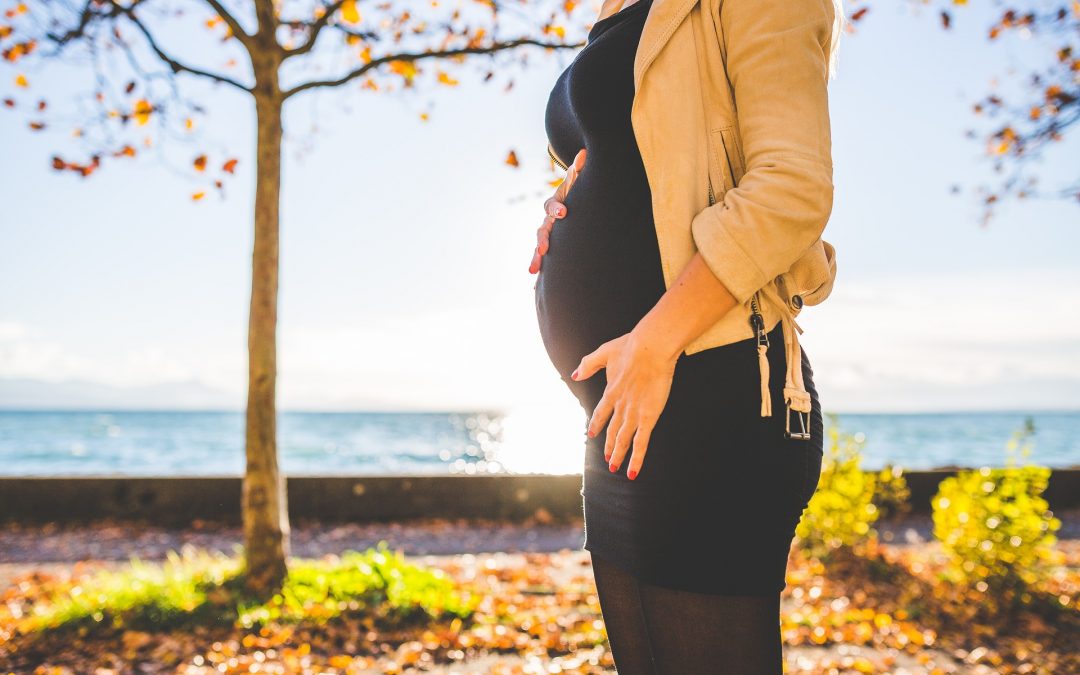
Adolescent pregnancy
Adolescent pregnancy
The adolescent period encompasses a turbulent period from 10 to 19 years of age, in which many physical and emotional changes take place, a transition from childhood to adulthood. Today, adolescents are characterized by earlier sexual and physical maturation, which is not accompanied by emotional maturation. There is a higher proportion of sexually active adolescents, they enrol in sexual intercourse at a younger age, they experiment, adolescents have a sense of invulnerability, safe methods of protection against pregnancy are not used, which can lead to consequences such as infections of sexually transmitted diseases or adolescent pregnancy.
Pregnancies in adolescence are usually not planned and desired, but happen accidentally, unplanned. We know that adolescence is not an ideal time to give birth because the young organism is still developing and maturing, thus adolescent pregnancies carry certain health risks for both mother and child. When pregnancy is confirmed in adolescent girls, there are two possible choices for a young girl. One is termination of pregnancy, which is regulated by law, or the girl retains the pregnancy, which ends with the birth of a child. In any case, the very knowledge and confirmation of pregnancy is most often unexpected for the adolescent, but also for the family and partner. Failure to cope in such a new situation sometimes requires help and advice in order to make certain decisions related to pregnancy.
If you have kept the pregnancy, you have to take care of your own and the child’s health, since no one but you can do that. By covering up, you endanger both yourself and the child, and in the end, you will still have to face the fact that your surroundings will find out everything. Therefore, boldly take responsibility and do everything possible to prevent possible complications:
1. During pregnancy, regularly attend gynaecological examinations (once a month, and every week during the last month of pregnancy)
2. Check your pregnancy regularly with an ultrasound examination (at least three during pregnancy, and more if necessary)
3. Regularly take laboratory tests prescribed by your gynaecologist
4. Get involved in counselling and courses for pregnant women



